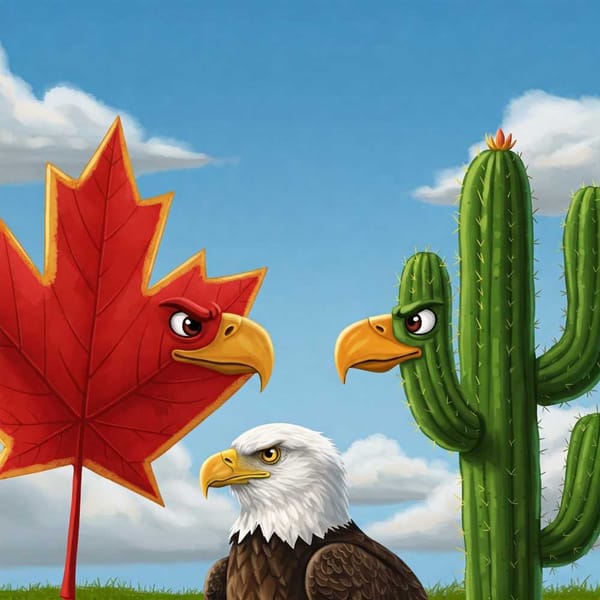Is it mandatory to tip in restaurants in Mexico?
Since tipping is considered a form of gratuity rather than a necessary service charge in Mexico, businesses are not allowed to add it to customers' bills unless they specifically request it.

Since tipping is considered a form of gratuity rather than a necessary service charge in Mexico, businesses are not allowed to add it to customers' bills unless they specifically request it.


Mexicanist's take on Mexican dating: Mexico City's chaotic dating grid, Guadalajara's surprisingly pleasant scene, and Riviera Maya's fleeting holiday romances. Verdict? Mexico's "not entirely rubbish" for finding love. Just maybe. Good luck, you'll need it.

Mexico's 132 "magical towns" offer rich history and culture. Huasca de Ocampo, the first to be recognized, boasts unique basaltic prisms. These towns drive tourism and economic growth, notably in Hidalgo state.

Trump's proposed 25% tariffs on Mexico and Canada could devastate North American trade, potentially increasing household costs by $4,300, disrupting integrated supply chains, and threatening the USMCA's economic stability with far-reaching consequences.

The Tepexpan remains, discovered in 1947, sparked decades of debate. Initially believed to be a 10,000-year-old man, later studies suggested a 2,000-year-old woman due to contamination. Uranium dating eventually revealed the remains to be a 6,000-year-old man.